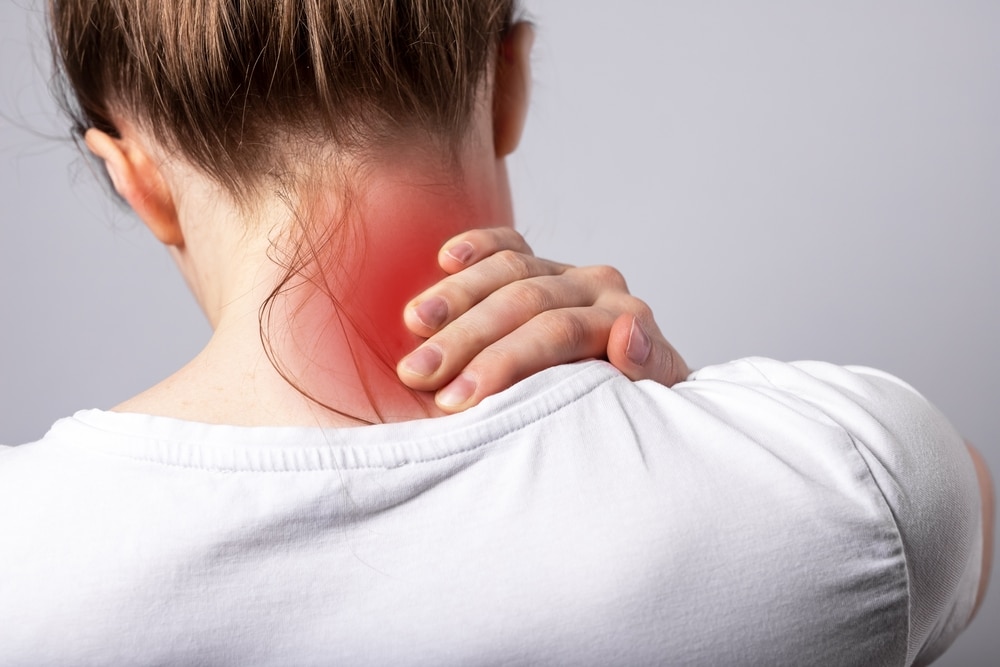
A sharp, shooting pain in your back or neck can stop you in your tracks. But how do you know if it’s just a temporary strain or a sign of something more serious, like a pinched nerve? This common condition can mimic other spine issues, making it tricky to diagnose without expert help.
At Union County Orthopaedic Group in Union, NJ, patients receive expert spine care from respected providers like Dr. Nathaniel Sutain and Dr. Naomi Gold. As board-certified physicians with years of experience in physical medicine and interventional pain management, they help patients find relief without relying on medications.
Signs You Have a Pinched Nerve
Pinched nerves happen when surrounding tissue — like bone, cartilage, or muscle — puts pressure on a nerve. This can disrupt the nerve’s function, leading to a wide range of symptoms. Here are the most common signs to watch for:
- Localized pain: Sharp or burning pain at the site of compression.
- Tingling or numbness: A pins-and-needles sensation that may radiate into the arms or legs.
- Muscle weakness: Trouble gripping, lifting, or walking.
- Worsening symptoms at night: Pain and discomfort may increase while lying down.
These symptoms can be mistaken for other conditions, such as herniated discs or arthritis. That’s why accurate diagnosis is key to effective relief.
When to See a Spine Specialist
Mild nerve pain may subside with rest and lifestyle modifications. However, some symptoms indicate it’s time to consult an expert. Don’t ignore the signs that something more serious may be happening:
- Persistent pain: Lasting longer than a few days or worsening over time.
- Loss of sensation: Numbness that spreads or affects daily activities.
- Difficulty moving: Weakness that interferes with walking or lifting.
- Loss of bladder or bowel control: A medical emergency requiring immediate care.
Getting a proper diagnosis ensures you receive the right treatment to prevent long-term damage.
How to Treat a Compressed Nerve
At Union County Orthopaedic Group, we treat pinched nerves with personalized, non-surgical solutions. Depending on your symptoms and severity, treatment may include:
- Physical therapy: Exercises that strengthen muscles and relieve pressure.
- Spine injections: Targeted medications that reduce inflammation and pain.
- Acupuncture: A gentle, effective option for relieving nerve discomfort.
- Nerve studies: EMG and nerve conduction tests to locate the exact source of pain.
Many patients find that conservative care brings long-lasting relief without the need for surgery.
Don’t Let Nerve Pain Disrupt Your Life
If you’re dealing with unexplained pain, tingling, or numbness, don’t wait for it to get worse. Call 908-486-1111 to book your appointment today.